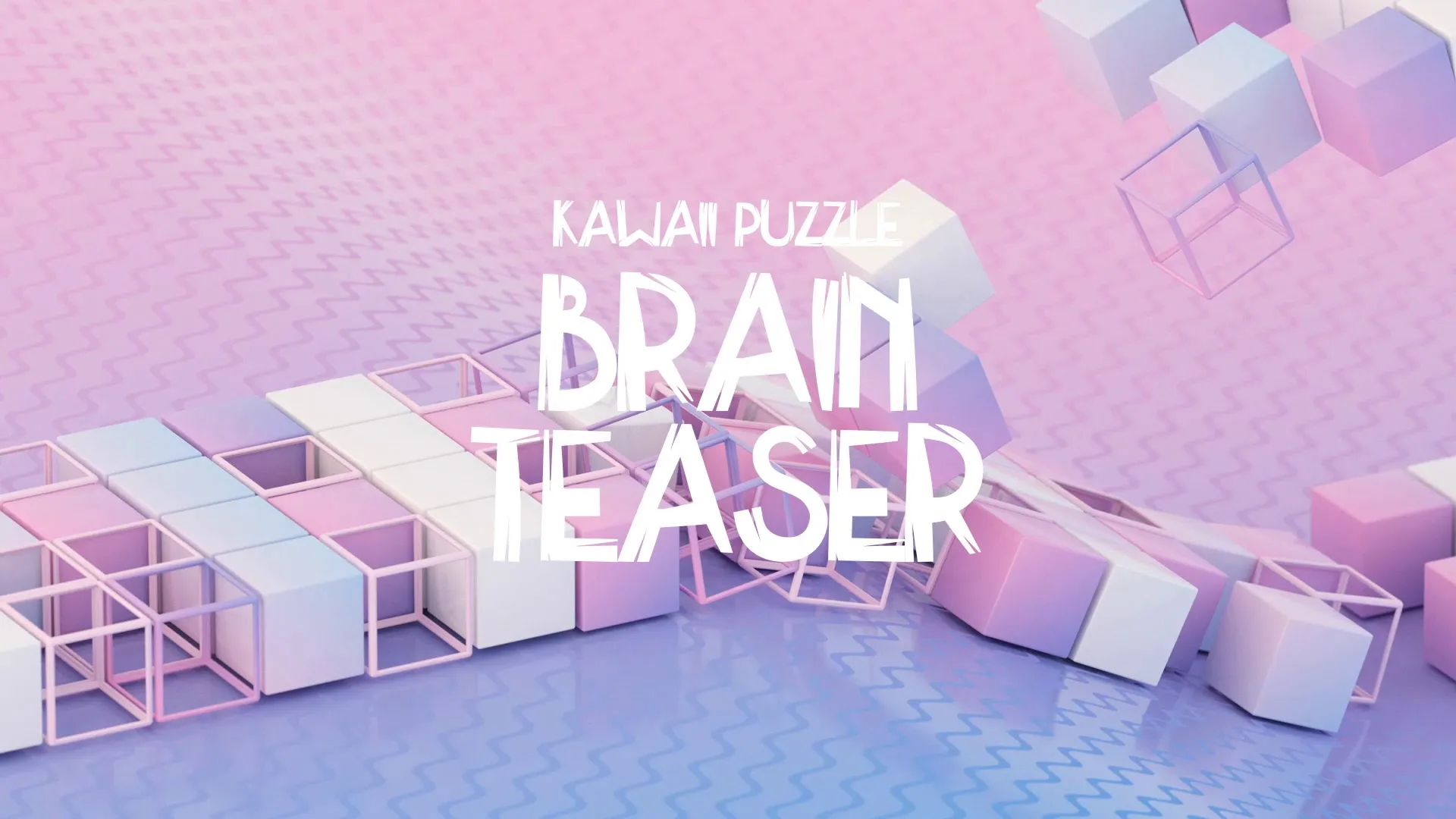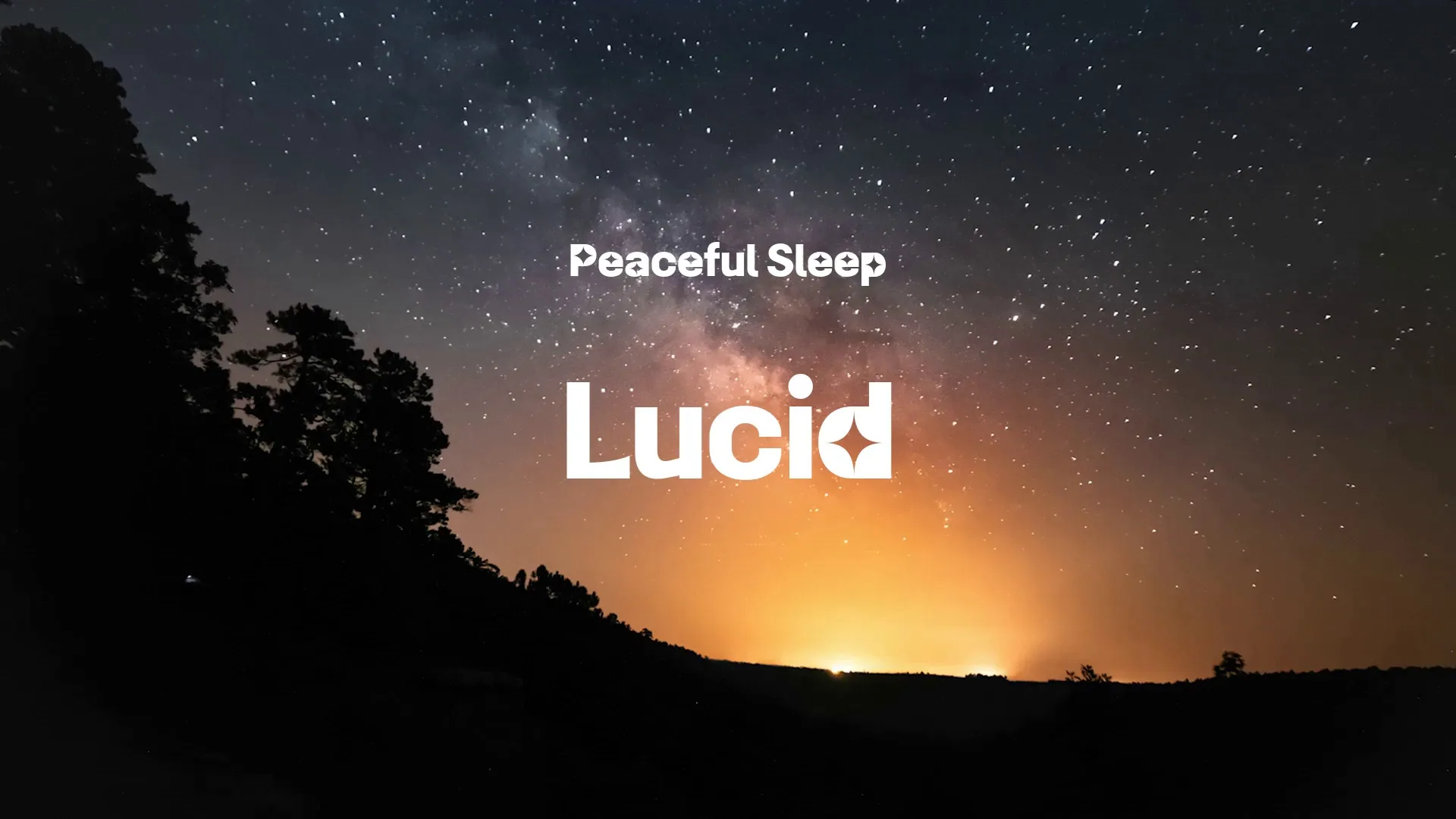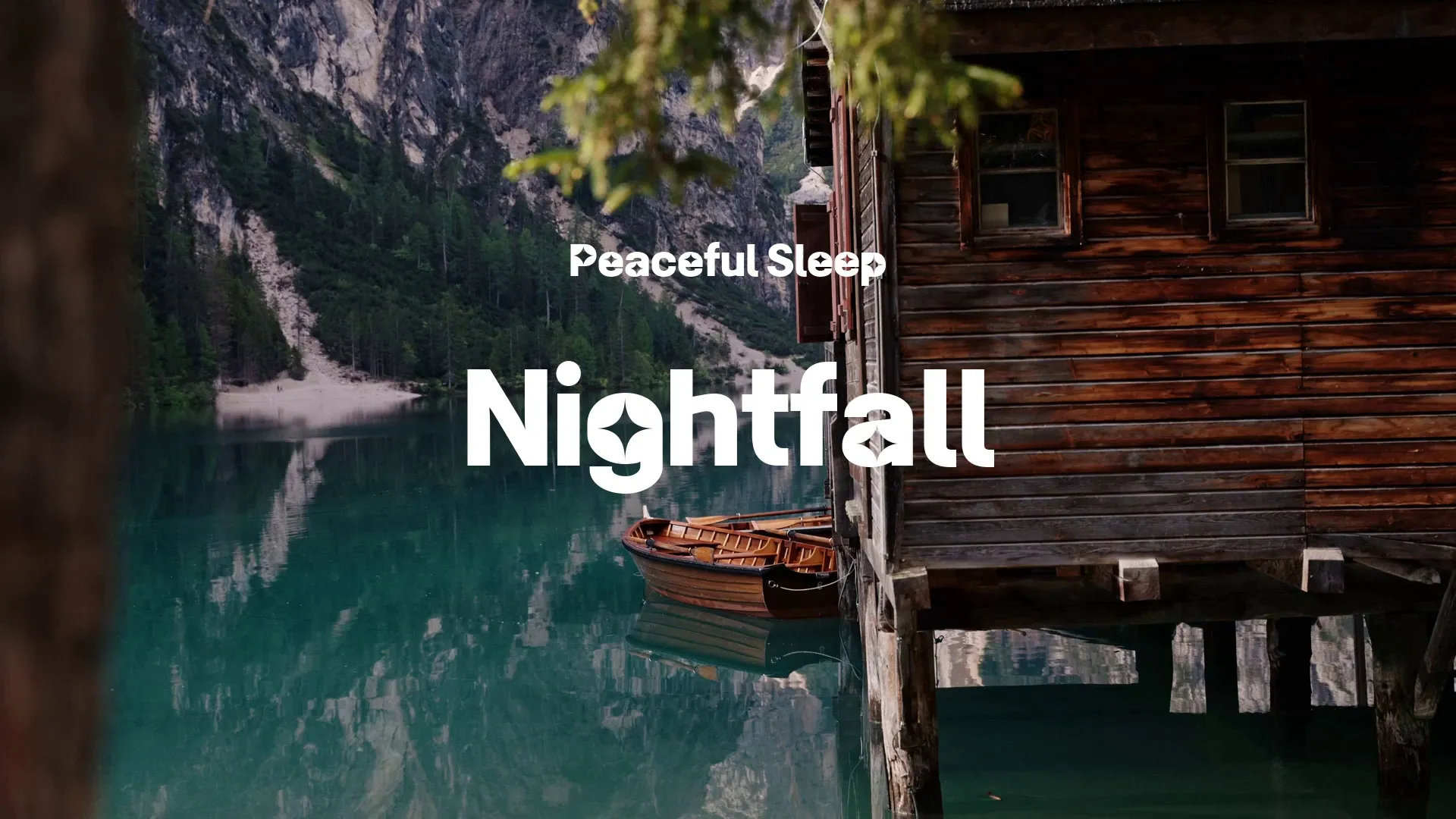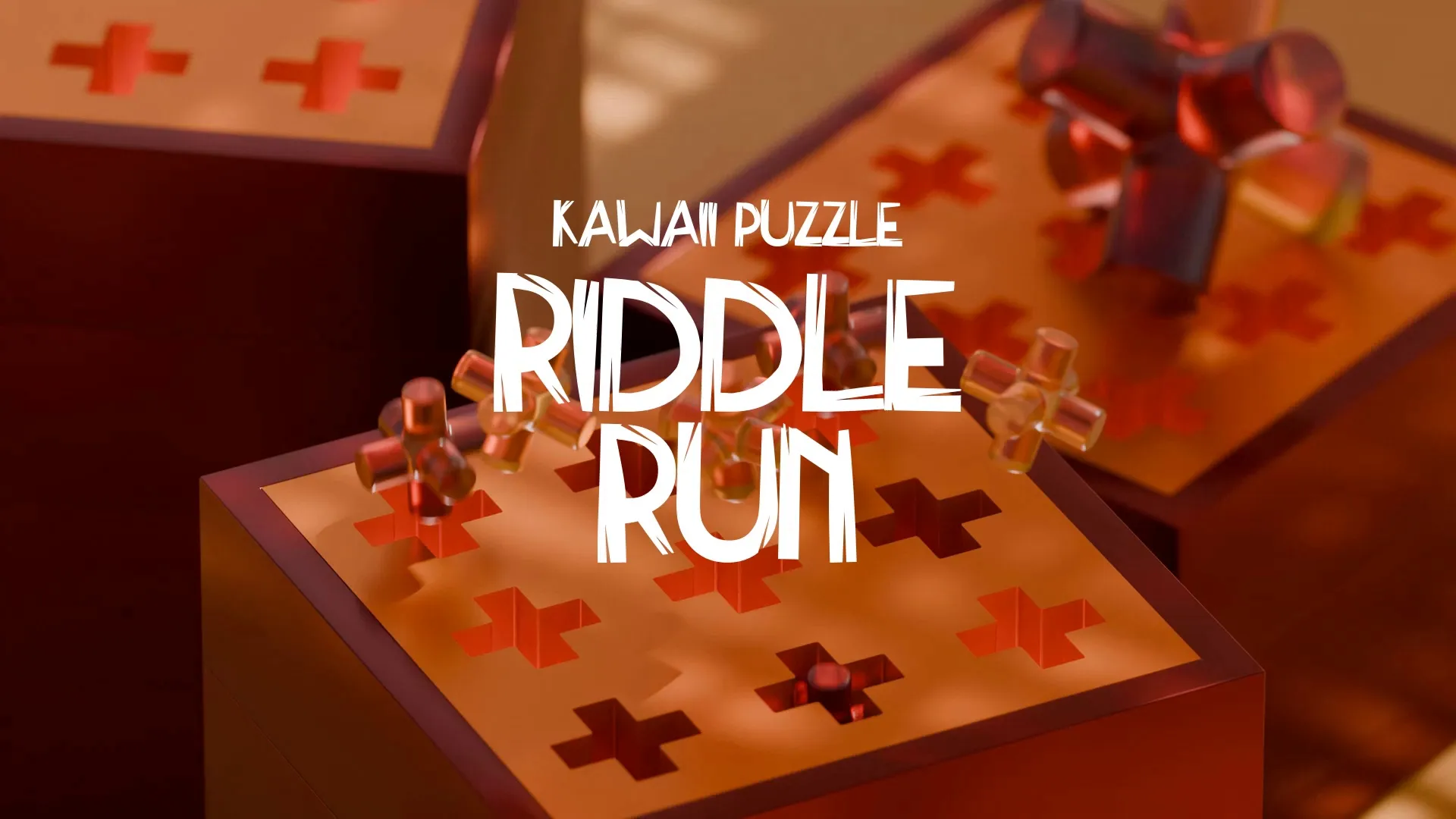Indie Game Legal Essentials: Navigating Contracts, IP, and Player Trust
Indie Game Legal Essentials: Navigating Contracts, IP, and Player Trust
Indie game development involves more than just coding and art; it requires a solid understanding of legal frameworks. Ignoring these aspects can lead to significant financial and creative setbacks. Proactive legal planning protects your creation and your business.
Protecting Your Intellectual Property from Day One
Your game’s unique elements are its most valuable assets. Intellectual property (IP) includes your code, art, music, story, and even game mechanics. Securing these rights is foundational for any indie developer.
Copyright automatically protects original works of authorship, but registration offers stronger legal recourse. Register your game’s code, art, and narrative with the relevant copyright office in your jurisdiction. This provides public notice of your ownership and is crucial if infringement occurs. For specific guidance on protecting your creations, understanding Game Developer Copyright Basics is essential.
Trademarks protect your game’s name, logo, and unique branding elements. Conduct thorough trademark searches before settling on a name to avoid conflicts. Registering your trademark prevents others from using similar branding in the gaming space.
Consider patenting unique game mechanics if they are novel, non-obvious, and useful. This is a complex and expensive process, often more relevant for larger studios, but it is an option for truly innovative gameplay systems. Most indie developers prioritize copyright and trademark protection.
Essential Contracts for Indie Developers
Contracts define relationships and responsibilities, preventing misunderstandings and disputes. Every collaboration, asset purchase, and distribution agreement needs a clear contract.
Collaboration Agreements
When working with team members, freelancers, or co-founders, a collaboration agreement is vital. This contract should outline ownership of IP, revenue sharing, responsibilities, and dispute resolution mechanisms. Clearly define who owns what percentage of the game and how profits will be distributed from the outset.
Asset Licensing and Purchase Agreements
If you use third-party assets, ensure you have proper licenses. Understand whether the license is royalty-free, perpetual, or has usage restrictions. Wayline’s Strafekit offers royalty-free assets, simplifying this process, but always read the terms. For custom assets, a work-for-hire agreement ensures you own the IP created by a freelancer.
Publisher and Distributor Agreements
If you sign with a publisher or use platforms like Steam, carefully review their terms. Pay close attention to revenue splits, marketing commitments, IP ownership clauses, and termination rights. Seek legal counsel to ensure the agreement is fair and protects your interests.
Building Player Trust with Clear Agreements
Your relationship with players is also governed by legal agreements. Transparency builds trust and mitigates potential legal issues.
End-User License Agreements (EULAs)
A well-drafted EULA protects your game and defines player rights and restrictions. It outlines how players can use your game, limitations on reverse engineering, and disclaimers of warranty. Follow Indie Game EULA Best Practices to create a comprehensive and enforceable agreement.
Include clauses regarding user-generated content, if applicable, and how you handle player data. Ensure your EULA is accessible and understandable to your players.
Privacy Policies and Terms of Service
If your game collects any player data, a clear privacy policy is legally required. This document explains what data you collect, why you collect it, how it’s stored, and how players can access or delete their information. Adhere to regulations like GDPR and CCPA. A separate Terms of Service agreement can cover general rules for game usage, community guidelines, and acceptable conduct within your game.
Create a free account, or log in.
Gain access to free articles, game development tools, and game assets.
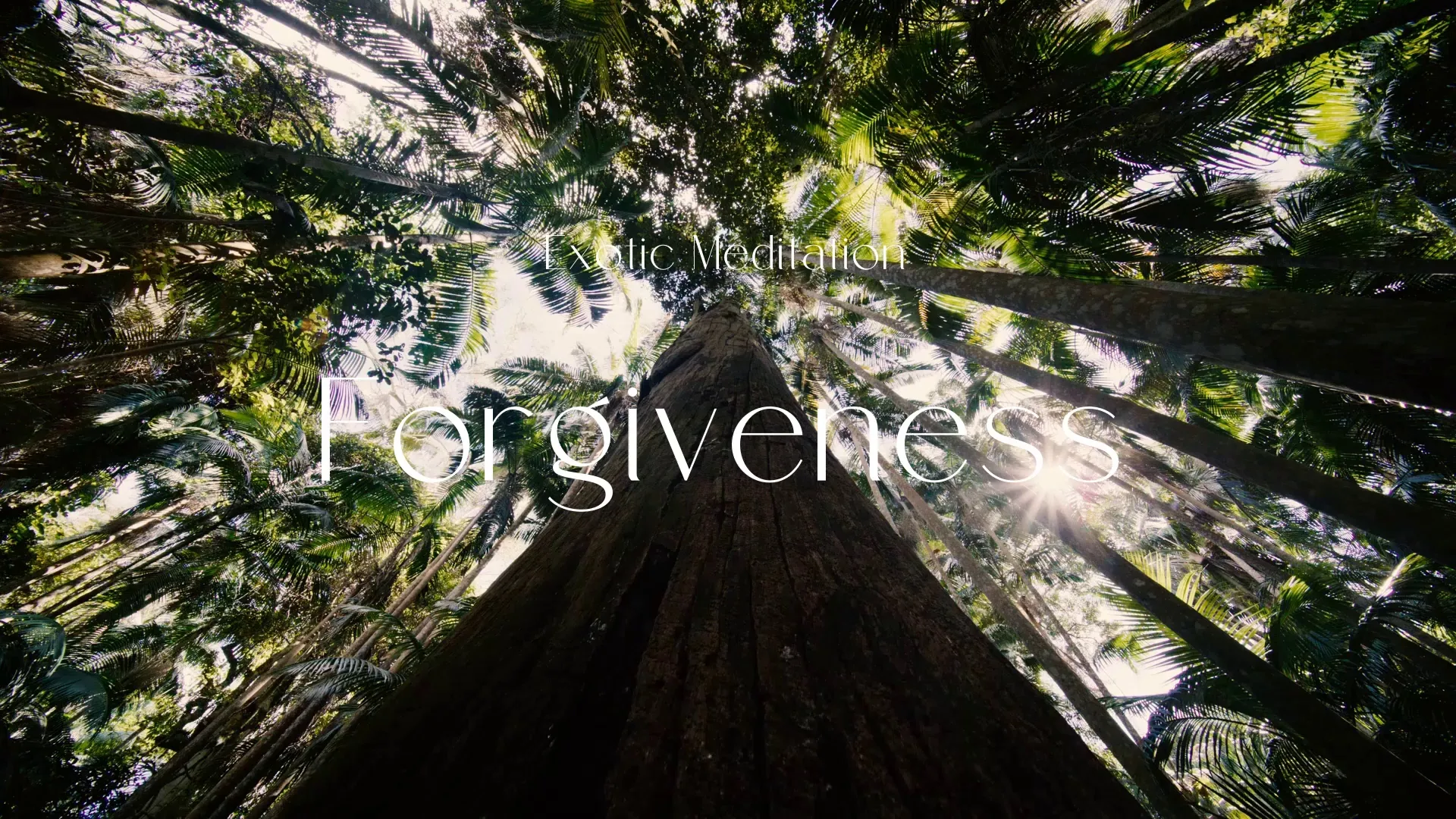
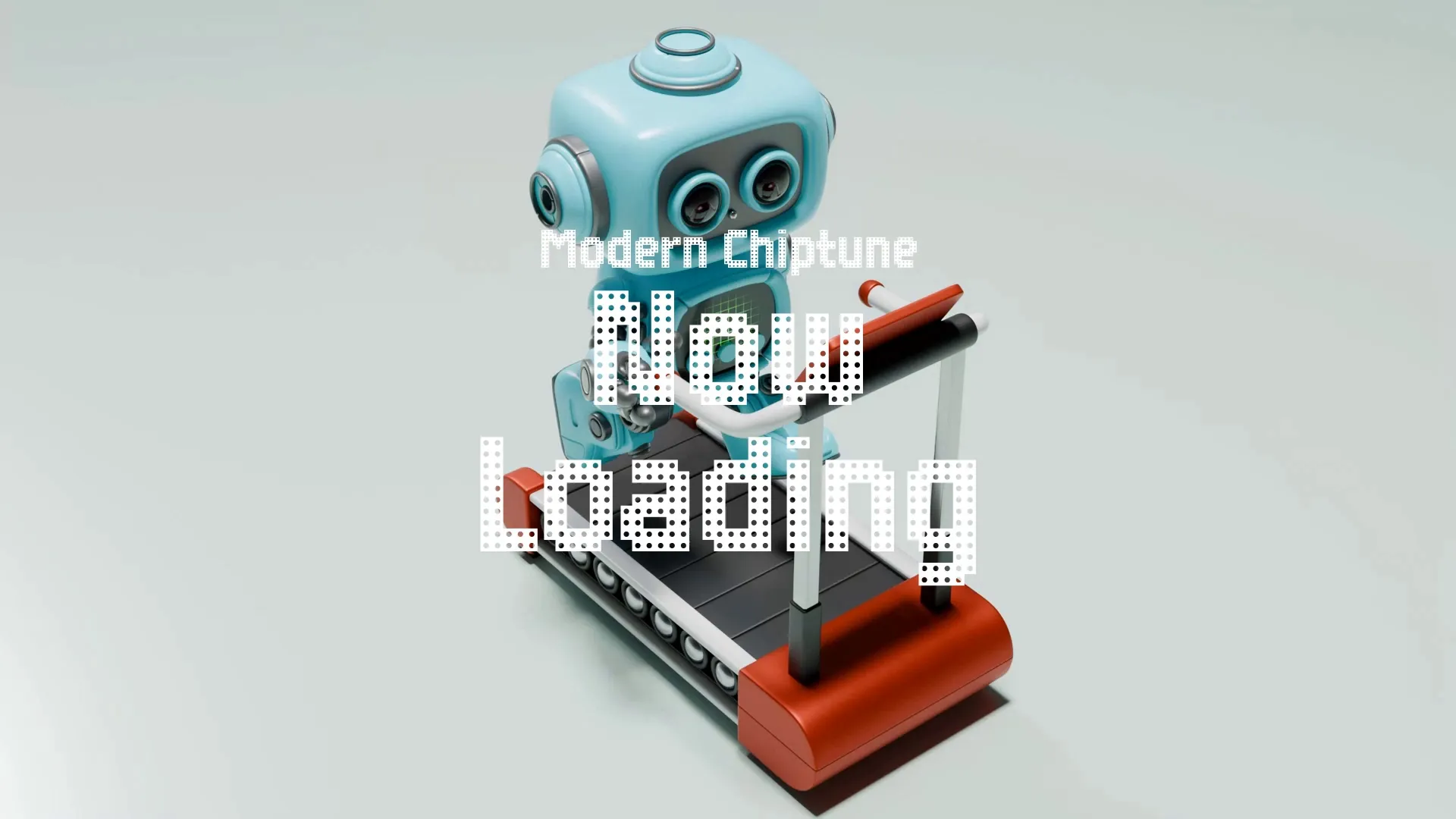
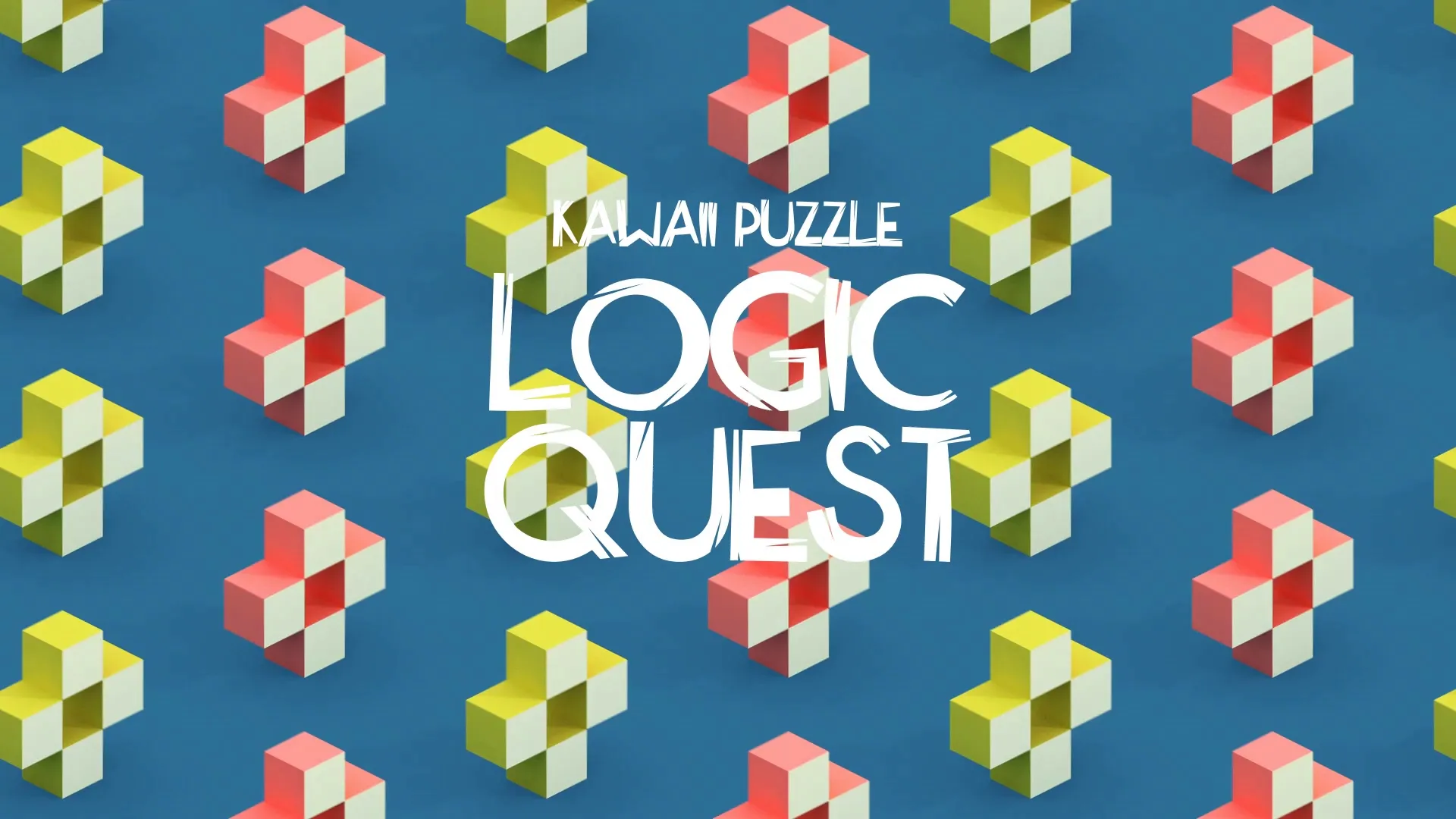


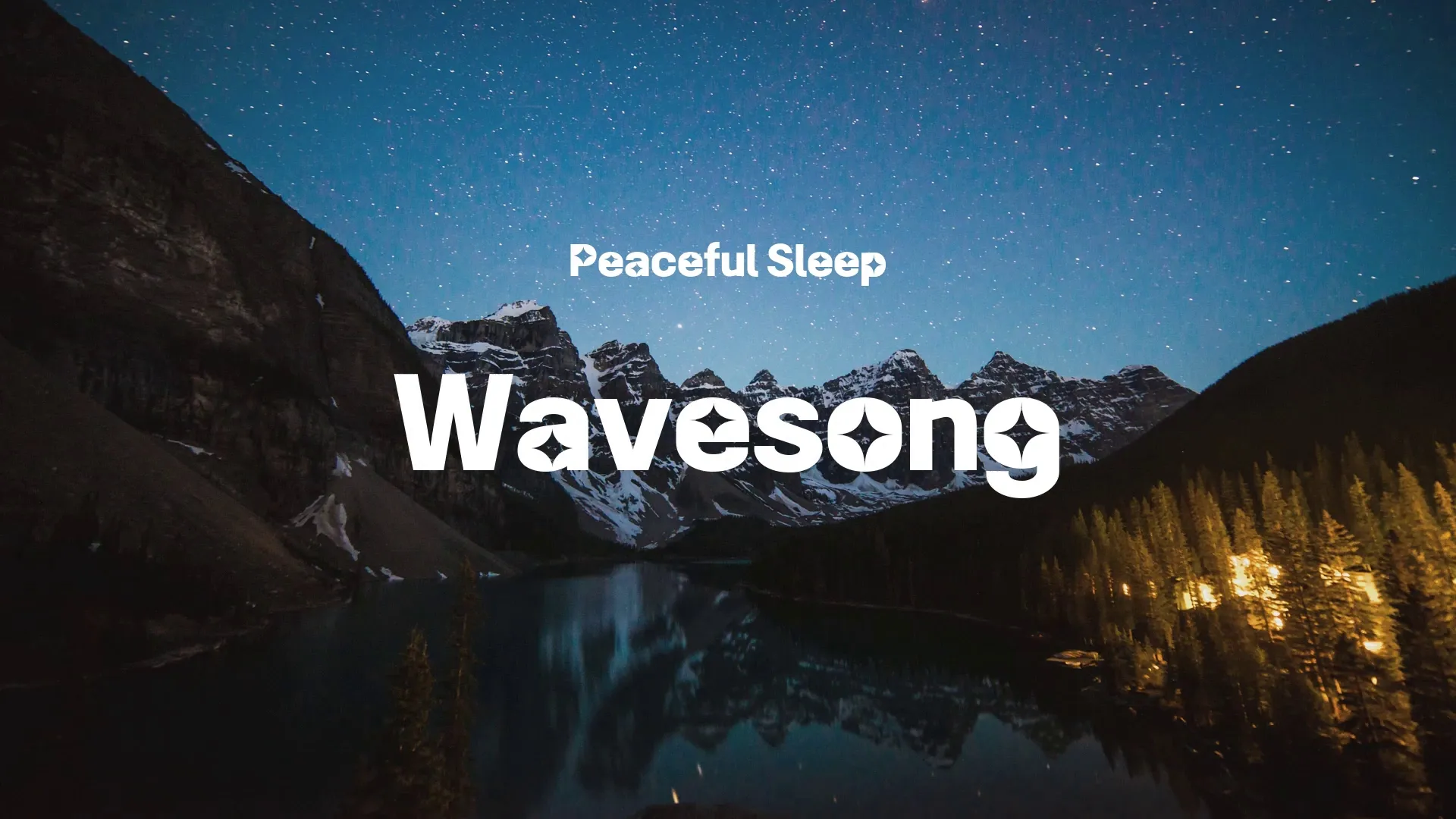
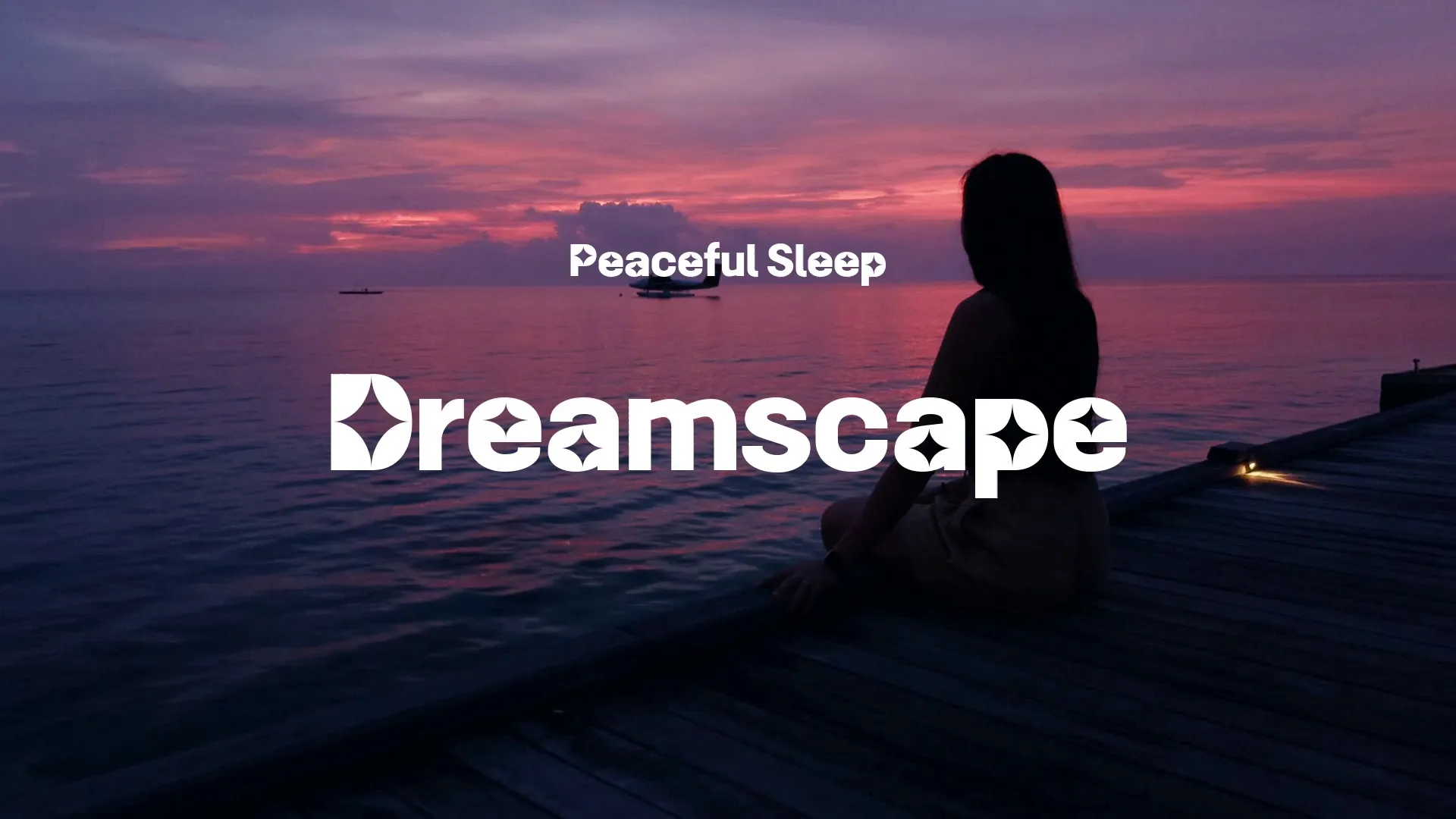

.webp)



.webp)
